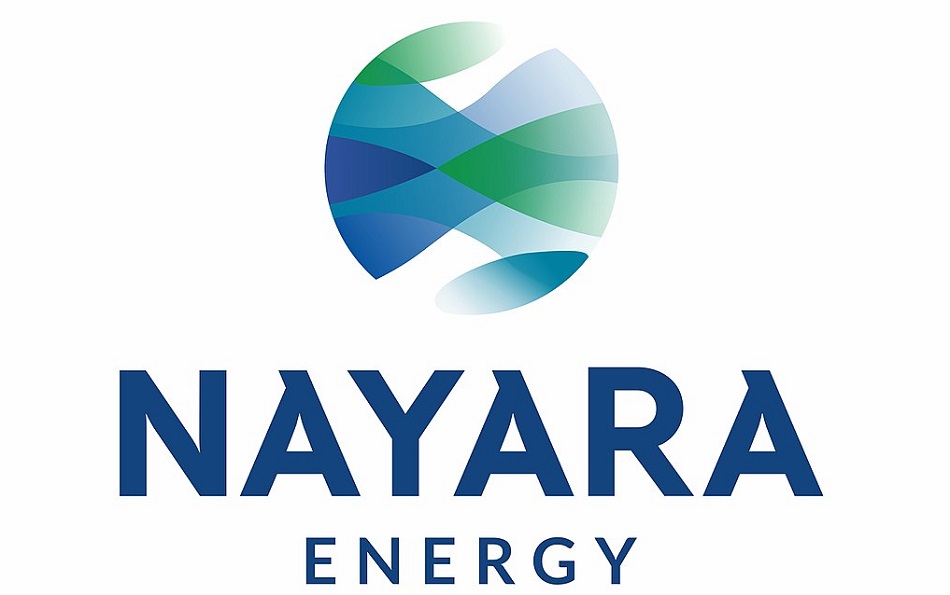
Rosneft Slams EU Sanctions on Nayara Refinery
The European Union has imposed sanctions on Nayara Energy’s Vadinar refinery in Gujarat as part of its latest package targeting Russia. The move comes amid tightened restrictions on petroleum products refined from Russian crude. Nayara Energy, a major private refiner in India, is 49% owned by Russian energy giant Rosneft.
Rosneft Calls Action a Violation of Law
Rosneft has called the EU’s sanctions “unjustified and illegal,” claiming they violate international law and unfairly target a company operating under Indian jurisdiction. The Russian company clarified that it does not have operational control over Nayara and that all profits from the venture are reinvested in India. It warned that such actions could threaten India’s energy stability and create ripple effects across global energy markets.
India Rejects Unilateral Sanctions
India has responded by reiterating its long-standing position that it does not recognise or comply with unilateral sanctions imposed by individual countries or blocs. The government stated that only sanctions authorised by the United Nations are legitimate. Emphasising the importance of energy security, officials warned that politicising oil trade undermines global supply chains and disproportionately affects developing nations.
Possible Impact on Refiners
The sanctions could affect the financial and operational flexibility of Nayara, as well as other Indian refiners processing discounted Russian oil. Analysts say India might still benefit from lower crude prices if Russia is forced to offer further discounts. However, enforcing price caps and tracing the origin of refined fuels may prove difficult in practice.
Strategic Outlook
India is expected to continue diplomatic engagement to protect its energy interests and prevent disruptions. The situation is being closely watched by industry stakeholders, as the evolving energy geopolitics may influence crude sourcing strategies, refinery margins, and global pricing trends in the months ahead.


















